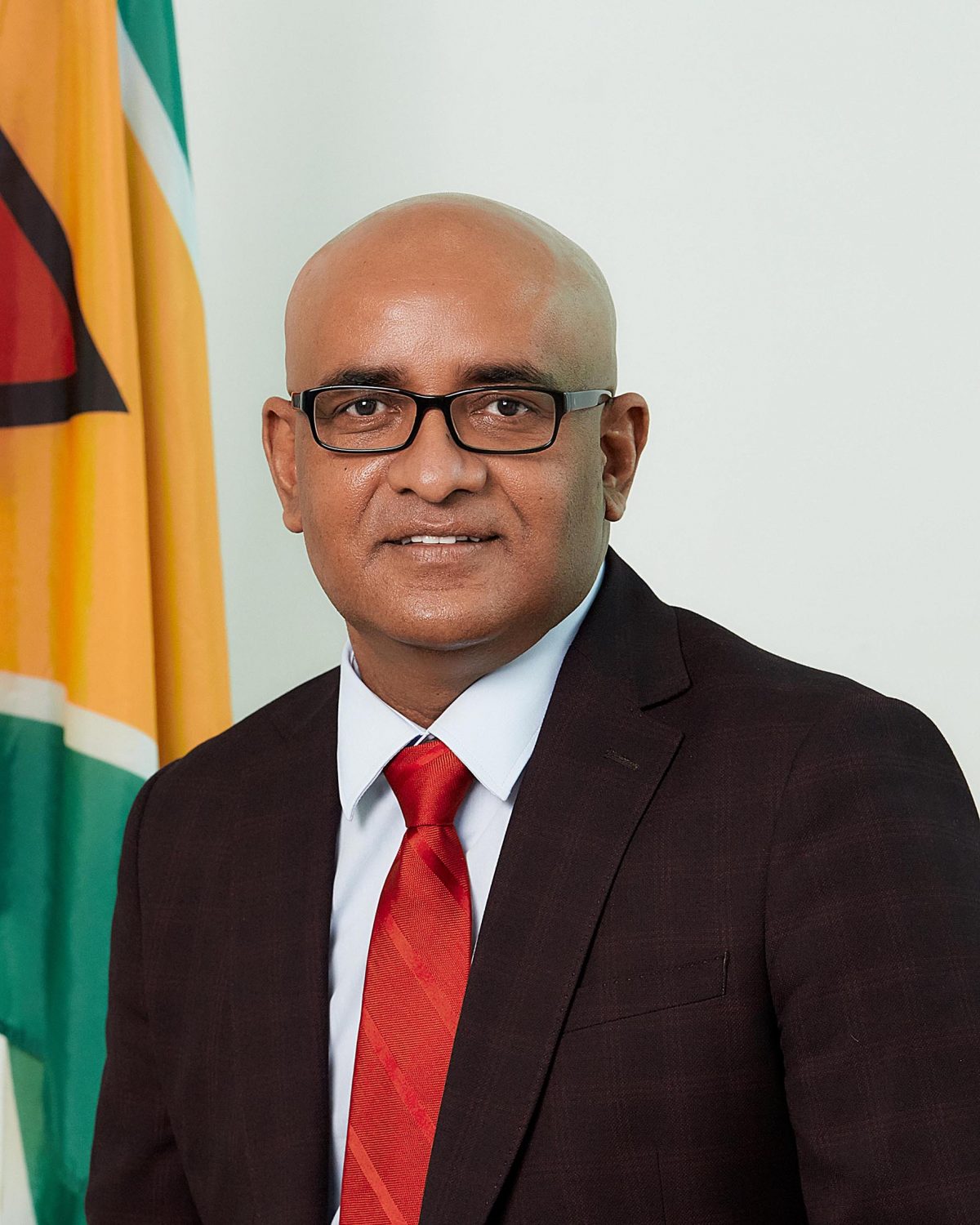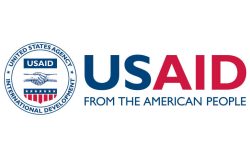As ExxonMobil points to arbitration as being its last resort, the government yesterday said that process may be the best option to determine the matter, as it would not accept any other sums than the US$214.4 million as advised by both IHS Markit and the Guyana Revenue Authority.
“This is the easiest way. And given also, the kind of populism… I think you need an independent third party to deal with this. If you settle on any figure with Exxon. If you settle at US$200 million, you would have somebody saying, we gave into Exxon. And if you settle at US$3 million, it is worse, and therefore you need a third party that would deal with all of these issues maybe a third party that would be agreed to,” Vice President Bharrat Jagdeo told a press conference yesterday.
“The arbitration provides for a third party, maybe some other mechanism that provides for a third party not provided for right now, provided for by the PSA (Production Sharing Agreement), but a third party that everyone has faith in, the whole country. Maybe that is a route that could be explored but right now I think that we should not engage in negotiations,” he added.
The Guyana Revenue Authority (GRA) on Wednesday reiterated its advice to the government that the US$214.4 million in disputed ExxonMobil oil expenses, as identified by UK audit firm, IHS Markit, be accepted as the final figure.
The GRA statement had followed a claim made on Tuesday by ExxonMobil Guyana Limited Chief Executive Officer Alistair Routledge that the audit was still open.
“The Guyana Revenue Authority (GRA) has noted the several statements in the press related to the above Cost Oil Audit, the most recent attributed to the CEO of Exxon Mobil Guyana Ltd (EMGL). The Authority wishes to categorically reiterate that it stands by its advice to the Ministry of Natural Resources and the Government of Guyana that the Cost Bank Adjustment of US$214.4M as reported in the “Audit Report Recommendation Final” by IHS Markit is the accepted final figure,” the statement said.
“Further, the Authority unequivocally states that its correspondence to IHS Markit seeking clarity to the said “Audit Report Recommendation Final” and copied to EMGL should in “no way or form” be construed as a change in the Authority’s position that the Cost Bank Adjustment of US$214.4M be adjusted, nor to re-open the process as intimated by the CEO of EMGL,” it added.
Annex ‘C’ of the PSA deals with audits and the processes triggered during and after. “At the conclusion of each audit, the parties shall endeavour to settle outstanding matters and a written report will be issued to the contractor within sixty days of the conclusion of such audit. The report shall include all claims arising from such audit. The contractor shall reply to the report in writing as soon as possible and in any event, not later than sixty days following receipt of the report indicating acceptance or rejection of the audit claim and in the case of a rejection showing explanations thereof,” the PSA states.
“Should the minister consider that the report or reply requires further investigation on any item therein, the minister shall have the right to conduct further investigations in such matter within sixty days of its receipt of contractor’s reply. If within sixty days of the minister’s further investigation the parties are unable to agree to the disposition of the minister’s audit claim, the claim shall be submitted to the sole expert in accordance with Article 26 of the agreement.”
According to the PSA, all adjustments resulting from an audit agreed to by the contractor and the minister conducting the audit shall be reflected promptly in the account by the contractor and any consequential adjustments in crude oil entitlements shall also be made promptly. “In the event that an audit claim by the minister is not settled to the minister’s satisfaction by the contractor’s reply as provided for… the contractor shall be entitled to recover any disputed accounts pending final resolution of the claim. However, any subsequent adjustments in the minister’s share of profit oil following resolution of the claim shall be repaid with interest, at the agreed interest rate as a first claim from the contractor’s share of future profit oil. In the event that the contractor’s share of profit oil is insufficient to provide for the minister’s extra entitlement including interest, the contractor shall promptly make an equivalent payment in United States dollars to the minister,” the PSA adds.
ExxonMobil has said that while the PSA has a specific timeframe, the company will not hold firm to that as it has no problem with overlapping days in the interest of scrutiny.
The right
On Sole Expert and Arbitration, the PSA also states that, “The Parties shall make reasonable efforts to resolve amicably all Disputes by negotiation and when this fails after 60 days or a longer period determined by the sides, both parties have the right to seek arbitration.”
“A notice of the existence of a Dispute shall be given by a Party to another Party in accordance with Article 34. In the event that no agreement is reached within sixty (60) days after the date on which a Party notifies the other that a Dispute exists, or such longer period as specifically agreed by the Parties in writing, any Party shall have the right to have such Dispute determined by arbitration as provided for in this Article 26. Notwithstanding the above, such period of negotiation is not required where the running of this time period may bar access to arbitration,” Article 26 of the PSA says.
“Any claim, demand, cause of action, dispute, or controversy arising out of or in connection with this Agreement, including any question regarding its formation, existence, validity, enforceability, performance, termination, or alleged breach (“Dispute”) which cannot be settled amicably by negotiation shall be resolved by arbitration,” it adds.
The Parties have to consent to submit any Dispute to the International Centre for the Settlement of Investment Disputes (ICSID) for arbitration before three (3) arbitrators pursuant to the Convention on the Settlement of Investment Disputes between States and Nationals of Other States, the contract explains.
Government has to also know that it “irrevocably waives any claim to immunity for itself, its agencies, its enterprises, and any of its assets with regard to any arbitration pursuant to this Article 26 and to any proceedings to recognise or to enforce this Article 26 or any proceeding to recognise or enforce an arbitral award rendered in an arbitration thereunder”.
The contract also states that, without prejudice, the waiver of immunity shall include immunity from service of process and immunity from jurisdiction of any competent court or any arbitration tribunal, and immunity of any of the Government’s, its agencies, or its enterprises’ property from execution of any arbitration
The seat of the arbitration pursuant, shall be Washington DC, United States of America, however, hearings may be held at such other place as the Parties may agree to in writing.
Jagdeo however noted that settling at this time was out of the question as government would not go against the advice of the auditors or the GRA.
“We have two sets of advisors, the first group which conducted the audit and they said there is US$214 million that should not come out of the cost bank, and our technical guys, that is the GRA, they said we should close the audit at that level. I don’t believe that there is scope at this stage for that [any negotiating] especially given the magnitude of reduction that Exxon is talking about-moving from US$214 to US$3M…that is effectively settling at US$3M and leaving government with half of that Those figures are not palatable either,” he said.
“We maybe have to go to arbitration on this matter,” he emphasized.










